Everyone has their own struggles and triumphs in life. In May, Pride Palace joins the national movement to raise awareness about mental health. We want to let you know that everything you are going through is valid and we are here to support you, every step of the way.
Here are 4 Tips (from the Pride Palace team) on how to cope with any mental health struggles:
1. Take Care of Your Body
Taking care of yourself physical can improve your mental health. Be sure to:
- Eat nutritious meals
- Drink plenty of water
- Exercise, which helps decrease depression and anxiety and improve moods
- Get enough sleep
2. Value Yourself
Treat yourself with kindness and respect, and avoid self-criticism. Make time for your hobbies and favorite projects, or broaden your horizons. Do a daily crossword puzzle, plant a garden, take dance lessons, learn to play an instrument or become fluent in another language.
3. Surround Yourself with Good People
People with strong family or social connections are generally healthier than those who lack a support network. Make plans with supportive family members and friends, or seek out activities where you can meet new people, such as a club, class or support group.
4. Learn how to deal with stress
Like it or not, stress is a part of life. Practice good coping skills: Try One-Minute Stress Strategies, do Tai Chi, exercise, take a nature walk, play with your pet or try journal writing as a stress reducer. Also, remember to smile and see the humor in life. Research shows that laughter can boost your immune system, ease pain, relax your body and reduce stress.
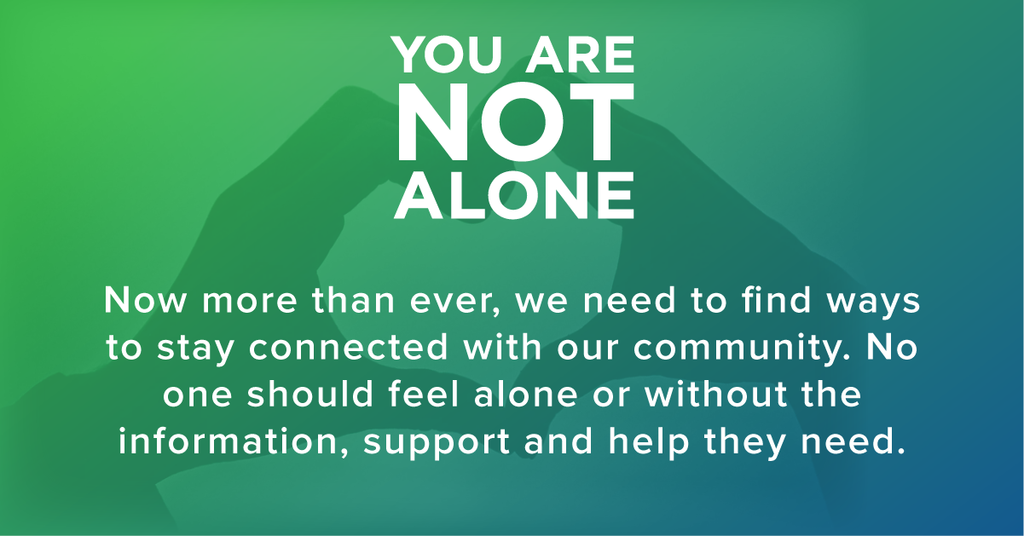
Try these tips to keep your balance, or re-balance yourself. We support accept, and love you!
Mental health problems are common but help is available. If you’re struggling please reach out to resources such as the Trevor Project Support Center or Transgender Life Line.















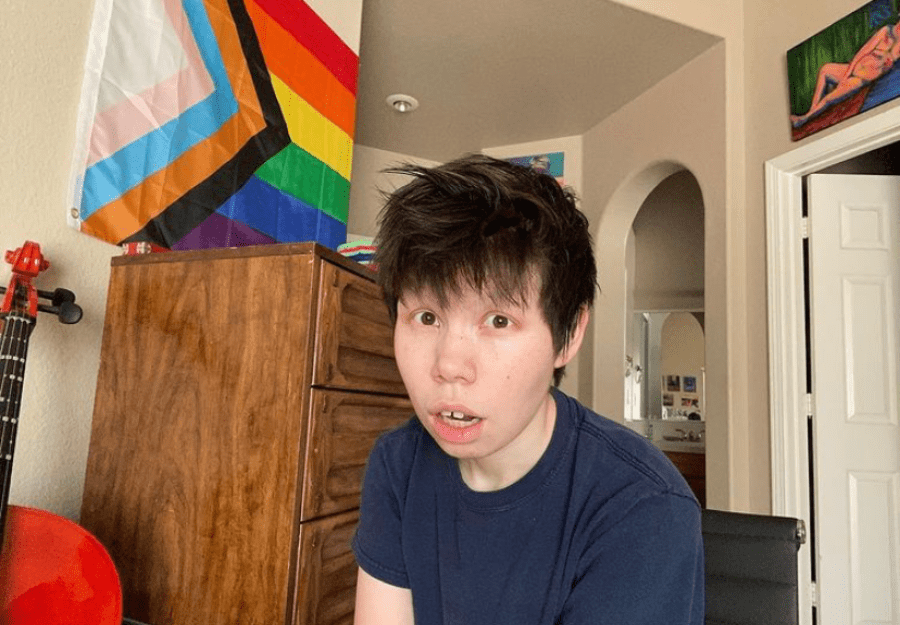
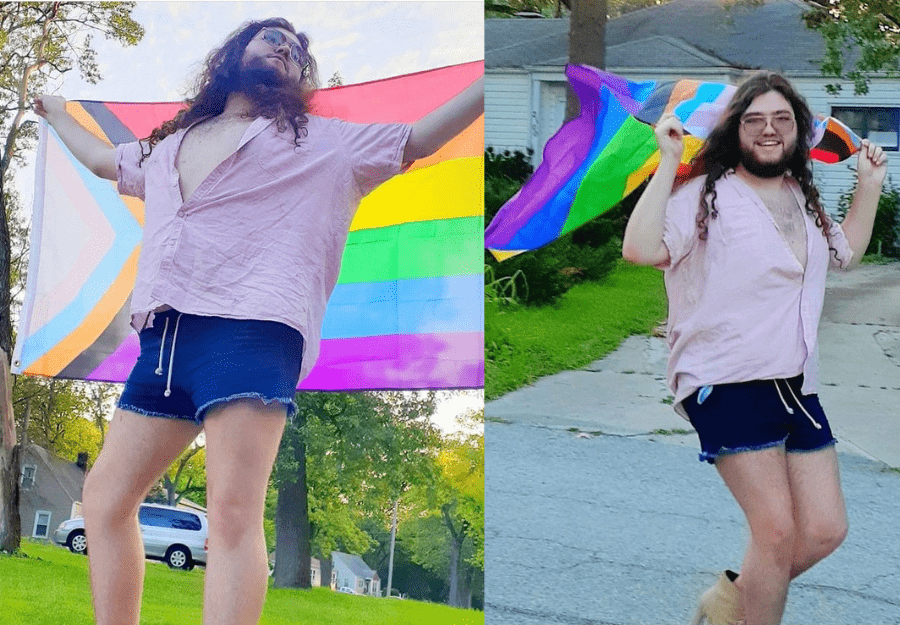




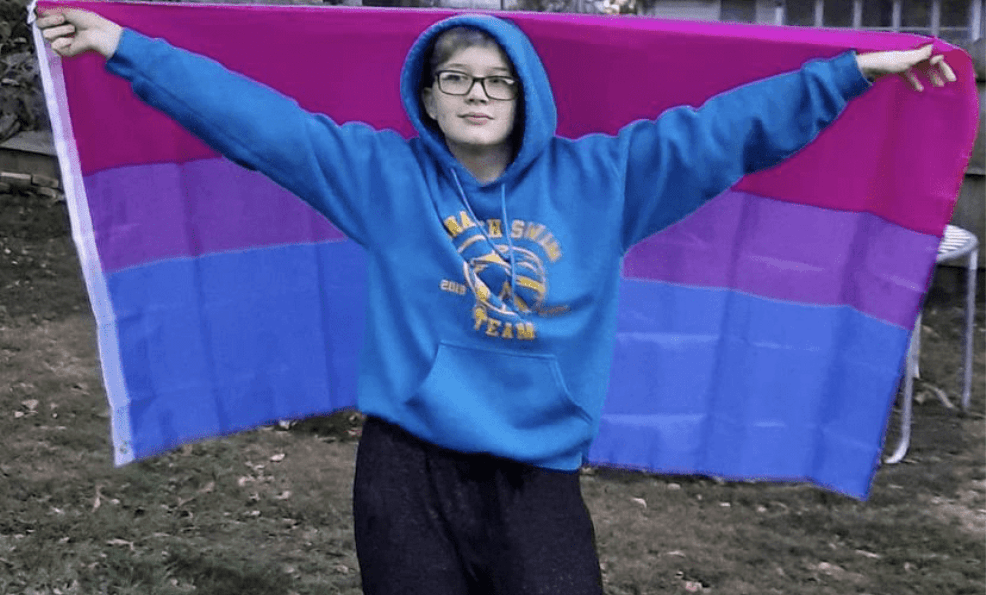

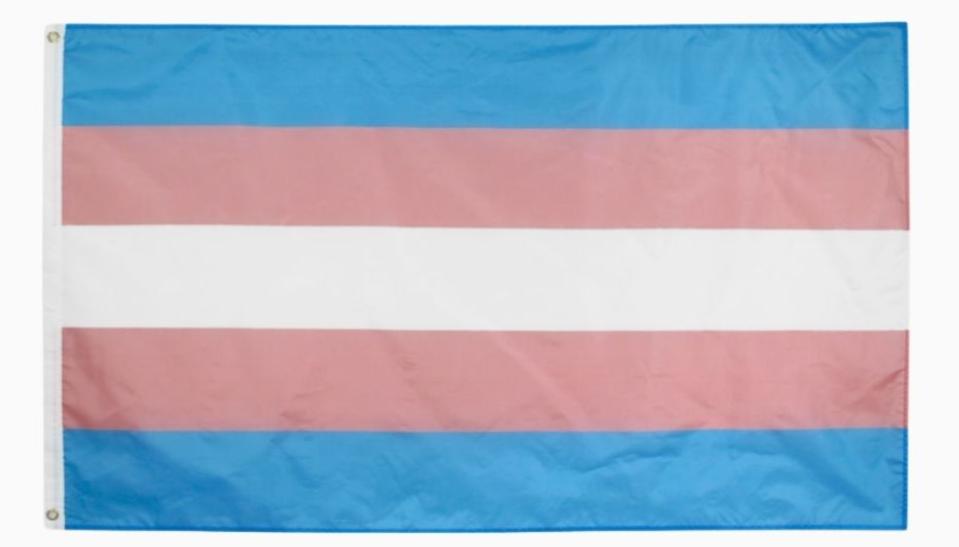






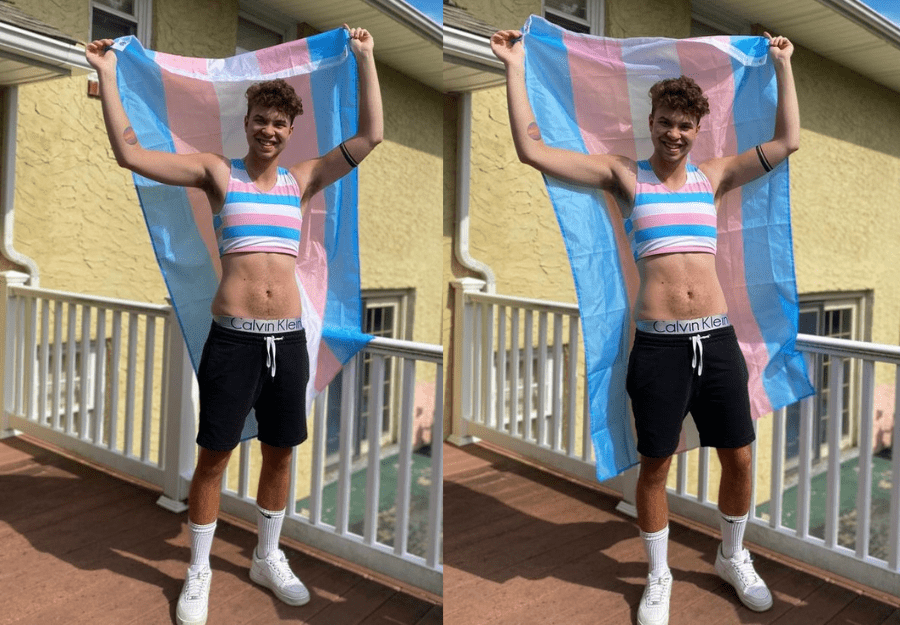












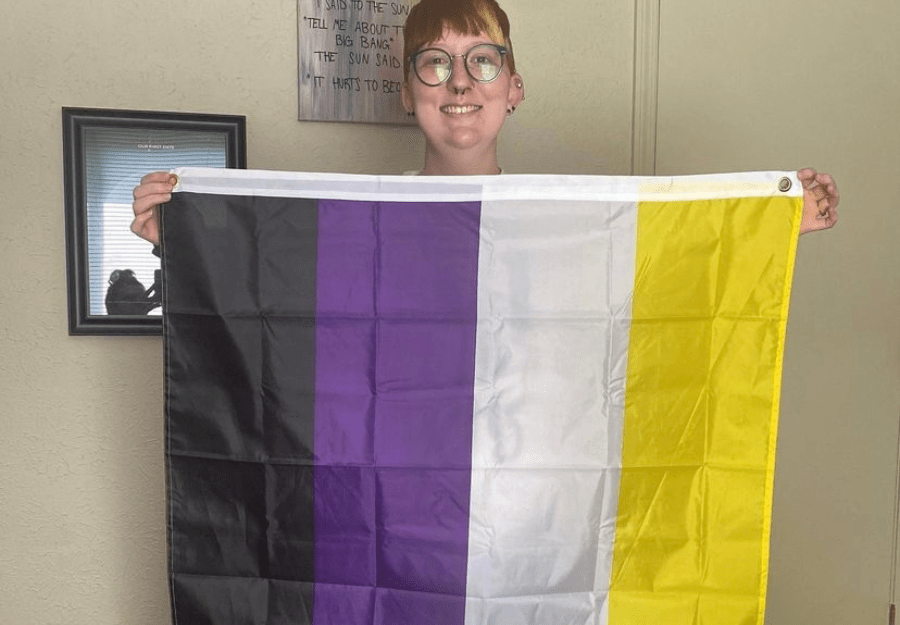


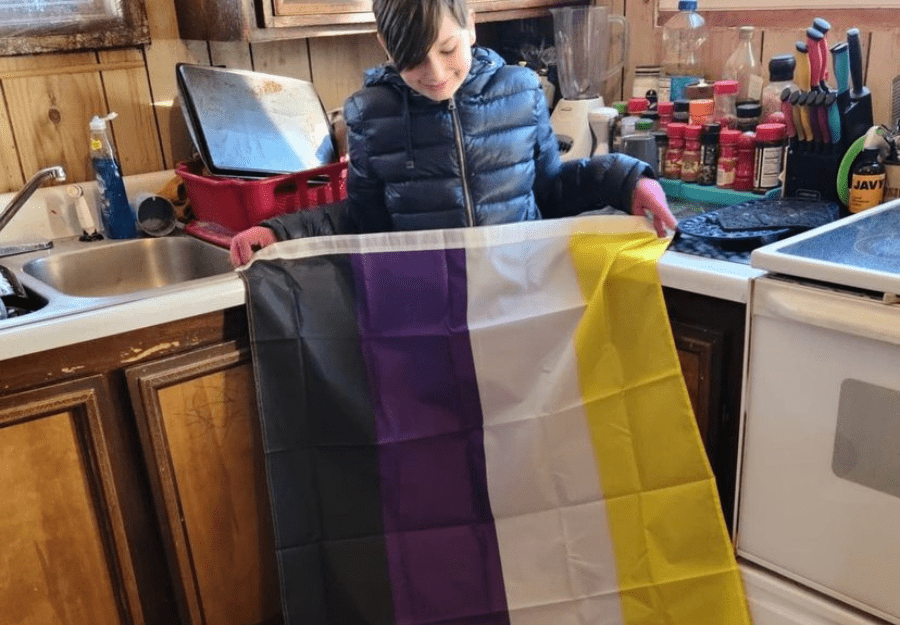








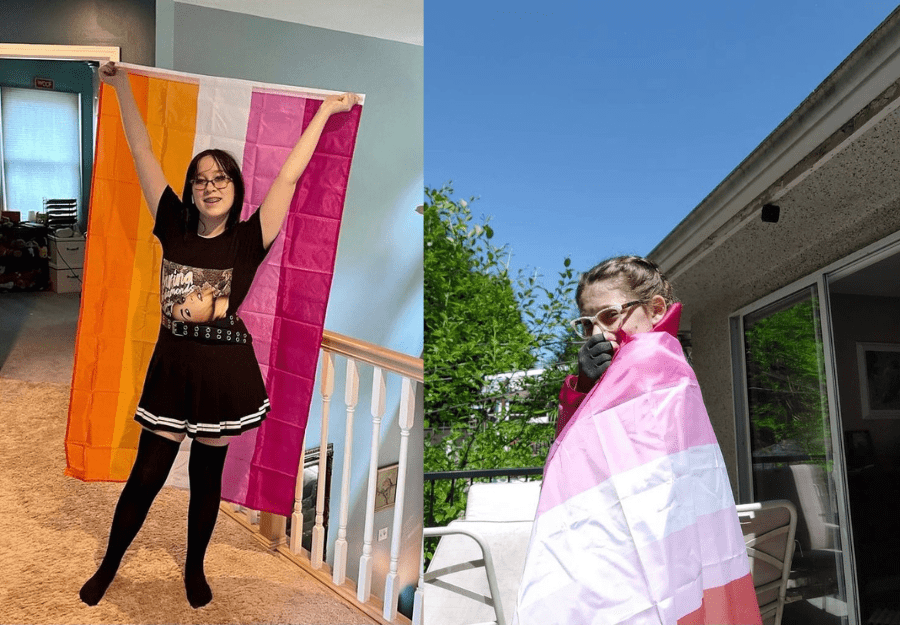








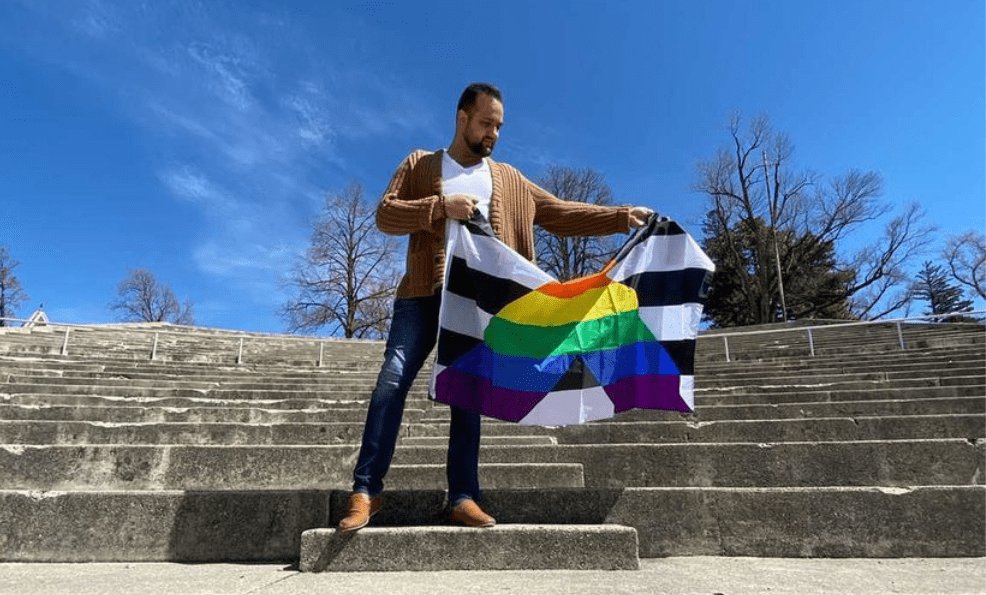





















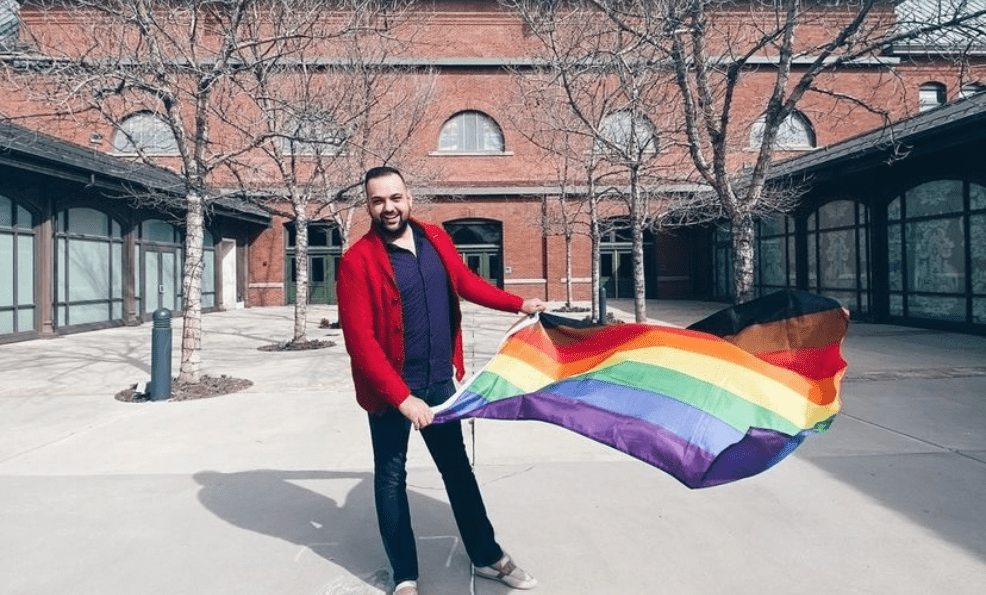
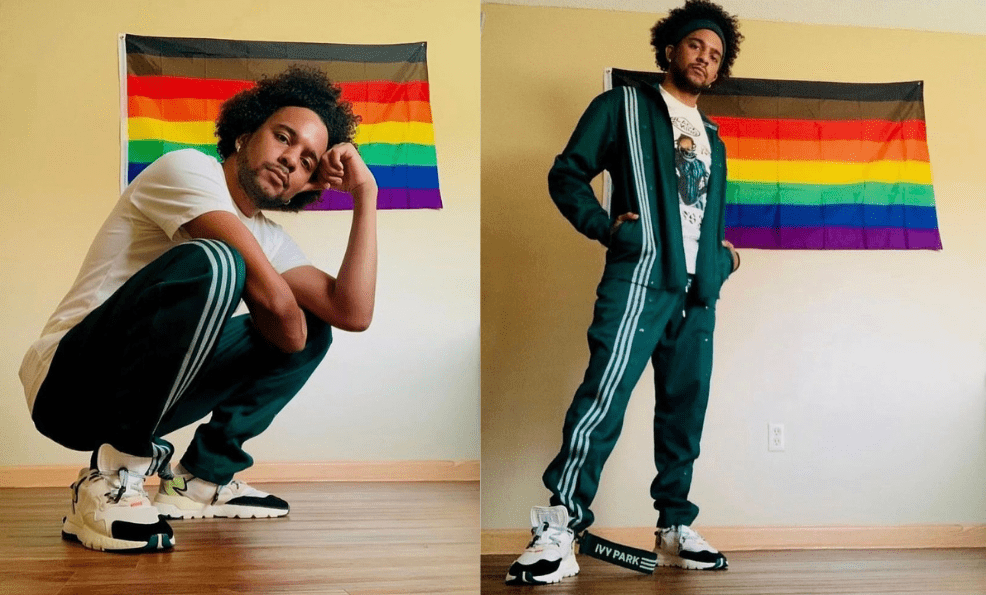
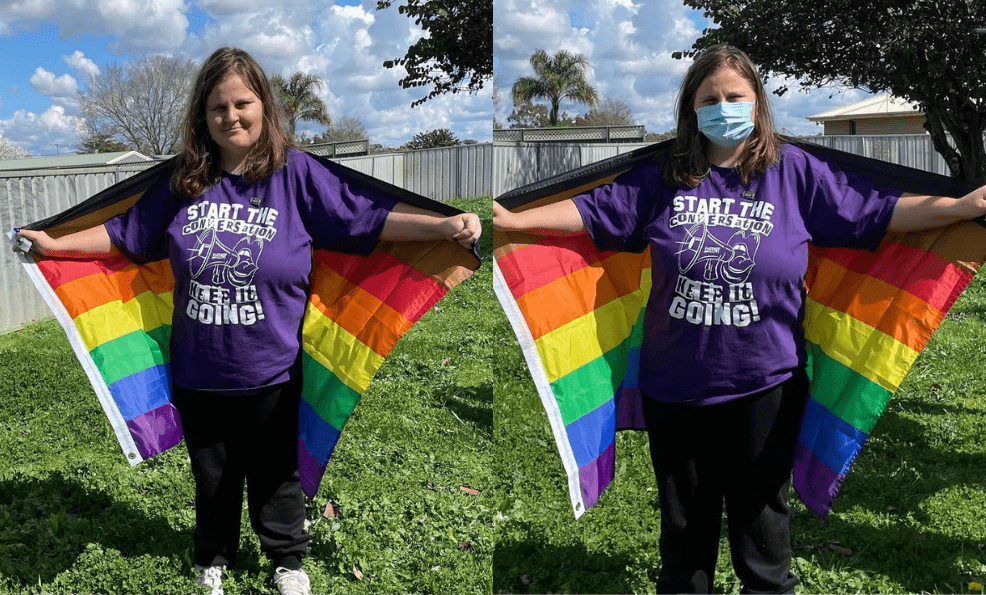
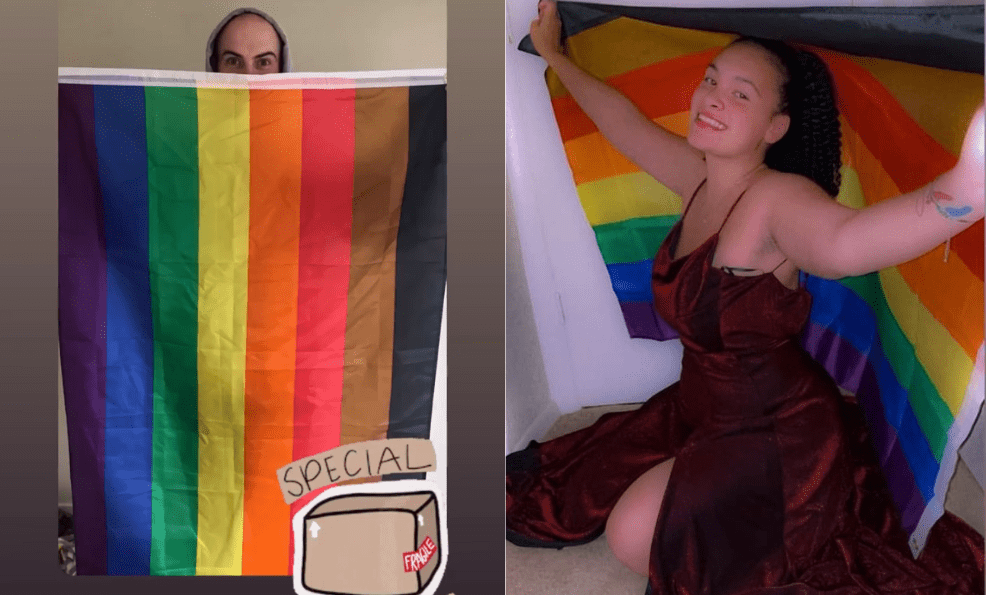






















Comments
I’ve been definitely impressed with CBD gummies and like https://www.cornbreadhemp.com/collections/full-spectrum-cbd-oil . They’re not at worst appetizing but also incredibly opportune as a replacement for getting a day after day dose of CBD. I love how tactful they are, making them fully realized instead of when I’m on the go. I’ve as an individual noticed they help me slacken and sleep better, specially after a stressful day. The unchanging dosage in each gummy also takes the guesswork out of pocket of managing how much CBD I’m consuming. If you’re pensive of tough CBD, gummies are a consequential option—ethical be sure to buy off from a trusted tag for the nicest results!
First let me say thank you for the message and the ideas to help. It did make me smile.
Second to Amber Allen. I tried to find you. 😪
My girlfriend of 3 year which whom I just bought a house with and whom recently got engaged with just broke up with me . She told me hurtful words that broke me . I would have never imagine someone can say the most horrible things to a person but here I am . I suffer with depression already but I know my worth and I know my strength. I will not let her break me . Reading a email like this was nice and comforting. Thank you .
Thank you from all of us that needed to see this email, you guys are absolute troopers! I know for a fact I’m thankful for knowing that I matter, not only do I matter, but you matter, each and every single person that crosses this email…matters. Sending Love, Light and positive vibes to you. Keep doing you, love is love 🏳️🌈
Hi all,
My mental health is from my health, I suffer from HSP (Hereditary Spastic Paraplegia)that comes in two parts and I got the two parts,I will you about the HSP.
Hereditary spastic paraplegia
Hereditary spastic paraplegia is a general term for a group of rare inherited disorders that cause weakness and stiffness in the leg muscles. Symptoms gradually get worse over time.
It’s also known as familial spastic paraparesis or Strümpell-Lorrain syndrome.
It’s difficult to know exactly how many people have hereditary spastic paraplegia because it’s often misdiagnosed.
Estimates range from 1 in 11,000 people to 1 in 77,000 people.
Symptoms of hereditary spastic paraplegia
The severity and progression of symptoms will vary from person to person.
About 90% of people with hereditary spastic paraplegia have what’s known as a “pure form” of the condition.
This means their symptoms are mainly confined to lower limb weakness and involuntary spasms and muscle stiffness (spasticity).
The remaining 10% have a complicated or complex form of the condition.
This means they have other symptoms in addition to the muscle weakness and spasticity.
They may have a wide range of symptoms.
Pure hereditary spastic paraplegia
The main symptoms of pure hereditary spastic paraplegia are:
• a gradual weakness in the legs
• increased muscle tone and stiffness (spasticity)
• problems peeing – such as an urgent need to pee, even when the bladder is not full
• a lack of sensation in the feet (sometimes)
Children may develop leg stiffness and problems walking, such as stumbling and tripping, particularly on uneven ground.
This is because it’s difficult for them to bend their toes upwards as a result of having weak hip muscles.
Some people may eventually need to use a walking cane or a wheelchair to help them get around.
Others may not need to use any type of mobility equipment.
Complicated hereditary spastic paraplegia
In complicated hereditary spastic paraplegia, additional symptoms may include:
• nerve damage in the feet or other extremities (peripheral neuropathy)
• epilepsy
• problems with balance, co-ordination and speech (ataxia)
• eye problems – such as damage to the retina (retinopathy) and damage to the optic nerve (optic neuropathy)
• dementia
• ichthyosis – a condition that causes widespread and persistent thick, dry “fish-scale” skin
• learning and developmental problems
• hearing loss
• speech, breathing or swallowing problems
What causes hereditary spastic paraplegia?
Most people with pure hereditary spastic paraplegia will have inherited a faulty gene from 1 of their parents.
People with the complicated form of the condition will have usually inherited a faulty gene from both parents.
The gene abnormality causes the long nerves in the spine to deteriorate.
These nerves normally control muscle tone and movement in the lower body.
Diagnosing hereditary spastic paraplegia
Hereditary spastic paraplegia is diagnosed after a thorough clinical examination and the identification of typical symptoms.
Other conditions that cause mobility problems and muscle stiffness and weakness, such as multiple sclerosis and cerebral palsy, need to be ruled out first.
A number of specialised tests may be used during diagnosis, including MRI scans of the brain and spine, cerebrospinal fluid analysis, nerve conduction tests and an EMG.
In some cases, genetic testing may also be needed.
Treating hereditary spastic paraplegia
It’s not possible to prevent, slow or reverse hereditary spastic paraplegia I have included a NHS link so if interested you can get more information on the condition, as this is rare not alot is known about HSP and its up to the patients to let the Neurologist know what symptoms they are getting.
https://www.nhs.uk/conditions/hereditary-spastic-paraplegia/.
I know this has been a long comment and as a gay man not doing everything a gay man can do or want to do, and have to to have someone to come in and do the things I can’t do, as the HSP takes it all away, and trust me when I say being in a wheelchair is no fun also having someone wipe your ass as well as helping you shower. I think I’ve gone on long enough.
Regards Sam
hi, my name is kay and i have no label for my sexual identity. i’m currently still trying to figure it out but i do know that i like girls. i have a girlfriend of two months at the moment and it’s going way better than i expected. my mental health has been a load of shit, but i am getting better as days pass. good luck and lots of love to all of you!! insta: dikayrio
I am a genderfluid polyamorous lesbian and my mental health has been shitty recently. Thank you for this post.
This is so helpful for me to see a post like this. You see, I’m a pansexual demigirl and I struggle a lot with my depression and anxiety, I’m happy that it’s no longer as bad as it once was, you see I used to be suicidal, and I am no longer suicidal, but I still struggle with my own self-worth on a daily basis. To see posts like this is so helpful, as it helps to show me that I’m not alone in my struggle and that there are others out there like me and that there are people out there wanting to help people like me!!!!
I’m a licensed therapist! A advocate for LGBTQ rights and also trans! No matter what you believe!!! You are valuable worthy loved and needed! I accept you for you ! I will help anyone I can when I can! I own a non profit suicide prevention and awareness is our primary focus! I once worked for AFSP as consultant and a outreach speacliest ! I’m in process of moving!! Looking forward I will be one on one with at risk or in critical situation at current youth in Houston Texas!! With a very high possiblity of most being Apart of the LGBTQ community!! It’s perfectly acceptable to not be ok!!! It’s however never acceptable to not get help and to believe the lies of no one cares about me!!! I care and I’m not no one so never tell yourself that no one cares!!! We care you are amongst supporting and loving members within your community! We are your family too and we want you to be the best you!! We stand here with you to show you how to accomplish this and find self-love and see what we see a beautiful valuable member of our family !!! I can be D.M on messenger anytime!! Out of respect I didn’t share my page!! However it’s not hard to find !! We love you so ! It all starts with you and the mirror!! What you see in the mirror is the reason you can’t stop!!
Amber Allen [email protected]